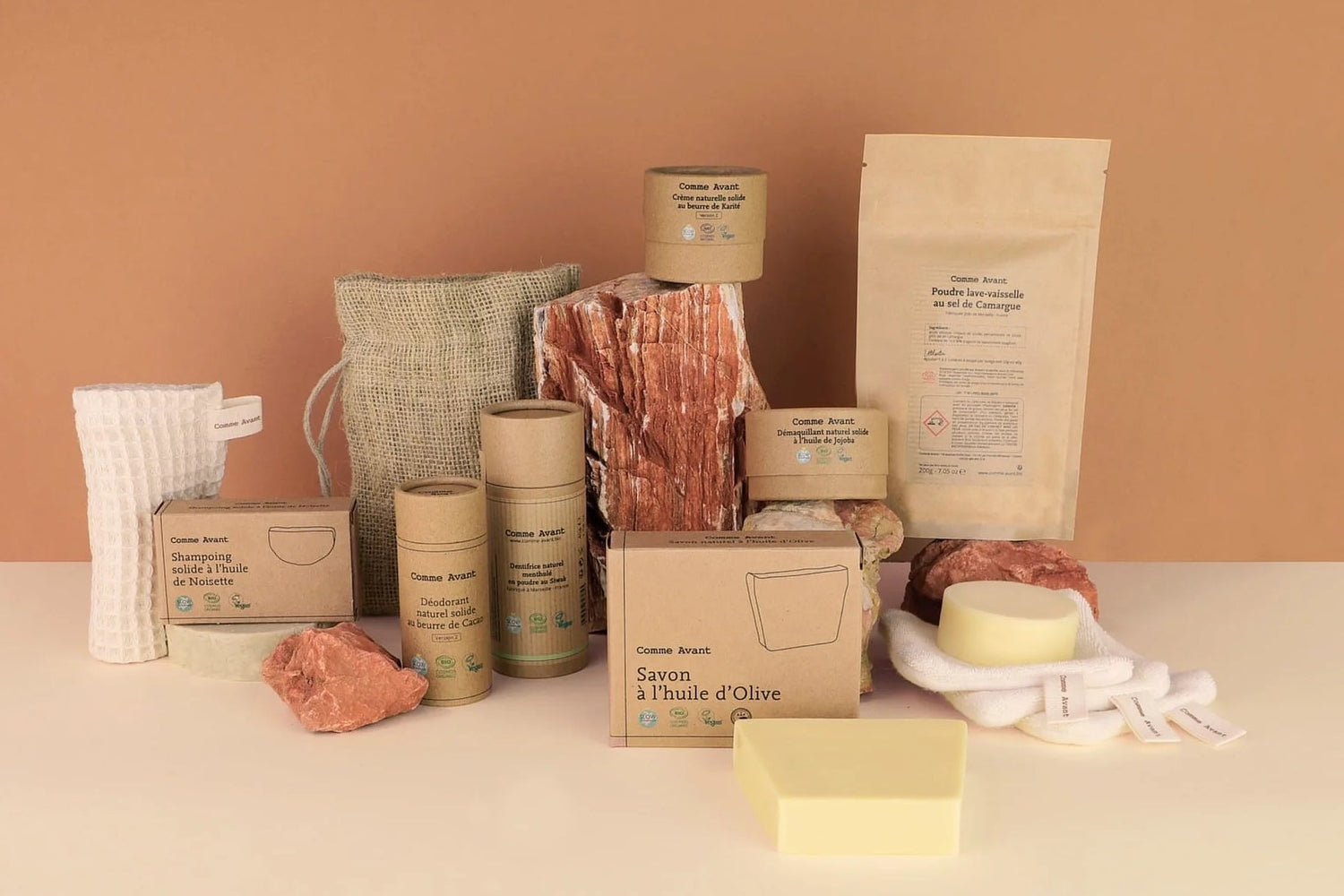Donkey and sheep's milk: how to use them in the beauty field
For all those who need to nourish, cleanse and hydrate sensitive skin, it is very important to pay attention to choosing the right products. Many of the options commonly found on the market and populating the shelves of perfumeries and shops of various types are not suitable for protecting sensitive skin, as they can be aggressive. The solution comes from ingredients that have been appreciated for centuries: donkey , sheep and goat milk . Let's find out what their uses are in the beauty field.
Donkey, sheep and goat milk: how to nourish the skin in a natural way
Being linked to legendary figures in history, donkey milk, as well as sheep's and goat's milk , boast a preponderant role in the cosmetic field thanks to their properties known for millennia . Much of their timeless charm is found in the uniqueness of these products for the daily beauty routine. Although cosmetics has undergone remarkable evolutions, these ingredients remain central to the study of formulations that are truly delicate on the skin. Even if today the products based on these types of milk are as valuable as they used to be, by choosing these options for the care of your body it is possible to pay homage to a long tradition , as well as protect the biodiversity of our territory. In fact, for the careful selection of ingredients it is essential to refer to realities that adopt a sustainable approach , thanks to which animals are protected and the environment is protected. The same attention paid during the selection process of the ingredients can be found in the careful creation of soaps, creams, bubble baths and many other donkey milk-based products that make up our range. Within the assortment there are also alternatives based on goat's milk , as well as cleansing products made with sheep's milk , which exemplify the desire to give each customer the opportunity to customize their beauty routine according to specific needs.
From food to nourishment for the skin: origin and evolution of donkey milk
Donkey milk is mainly used to create high quality cosmetics . It finds space as the main ingredient of creams for face nutrition andbody hydration, as well as within the formulations of hand soaps and even hair care products. To understand what exactly is meant by donkey milk let's go back to its origin. Donkey milk is produced exclusively by female donkeys and is considered by scientists to be the most similar to human milk . In its composition, in fact, a high content of probiotics and Omega 3 stands out, powerful completely natural antioxidants. It is no coincidence that donkey milk is used as an ingredient in a food supplementation strategy for premature babies. In the developmental age it represents a valid alternative for those allergic to cow's milk and remains recommended for all age groups. However, being so prized, donkey milk is now more associated with beauty products. It is not necessary to recall images halfway between history and legend, such as the famous baths in Cleopatra's milk, to be able to understand the nourishing and moisturizing properties of this substance. One of the fundamental characteristics of donkey milk, as well as the least known one, is its exfoliating action , thanks to which it is possible to eliminate layers of dead cells for younger and more luminous skin .
The beauty uses of goat's milk and sheep's milk
Since Ancient Egypt , goat's milk has been known for its nutritional properties and was therefore used not only as a food in the daily diet, but also to exploit the many benefits on the skin of the body. In the aesthetic field it was considered a real elixir of life, as it was capable of keeping the skin firm, young and healthy for a long time. Goat's milk is still widely used in the formulations of creams and special treatments, thanks to its emollient and soothing function which offers relief to dry skin with a tendency to get irritated often. Sheep's milk can be used to make mild liquid soaps and detergents , which are particularly appreciated by those with skin prone to chapping. Thanks to nourishing formulations enriched by the presence of sheep's milk, it is also possible to counteract the negative effect linked to the concentration of limestone in domestic waters. Thanks to the fatty acid content, sheep's milk allows you to rebalance the PH of the epidermis and at the same time provide a protective shield which is essential for the beauty routine of sensitive and delicate skin .





